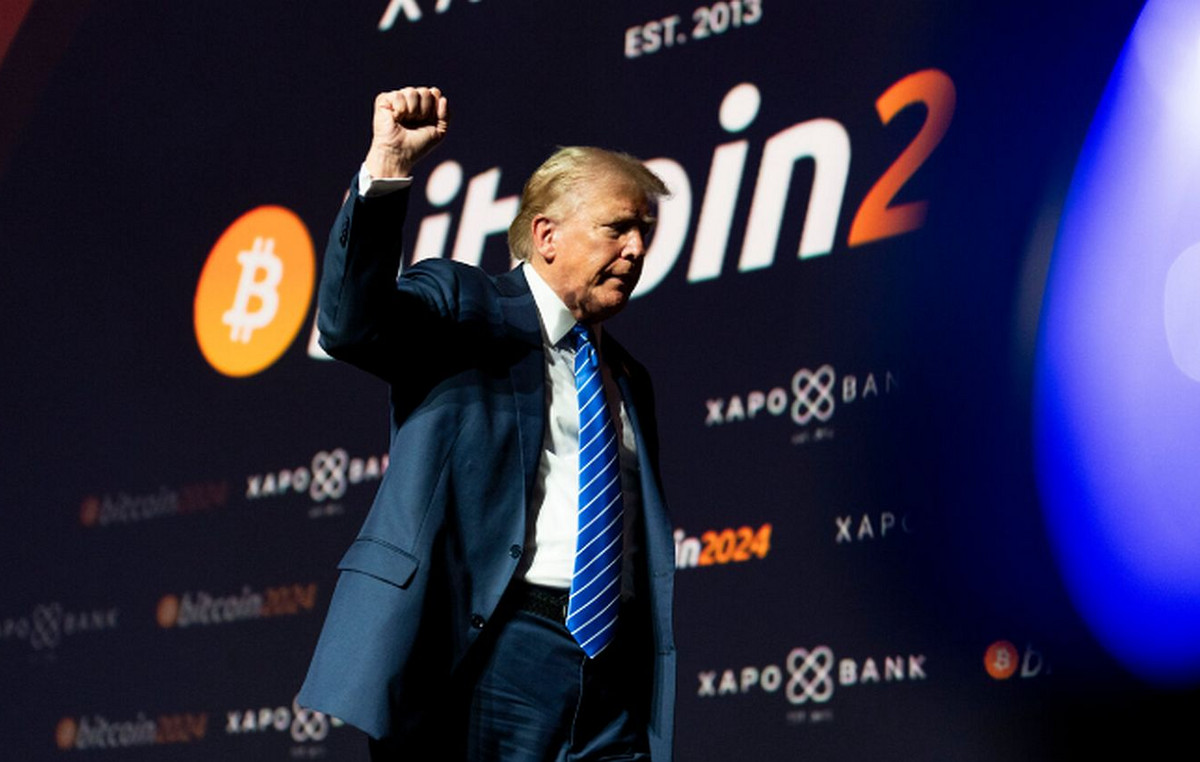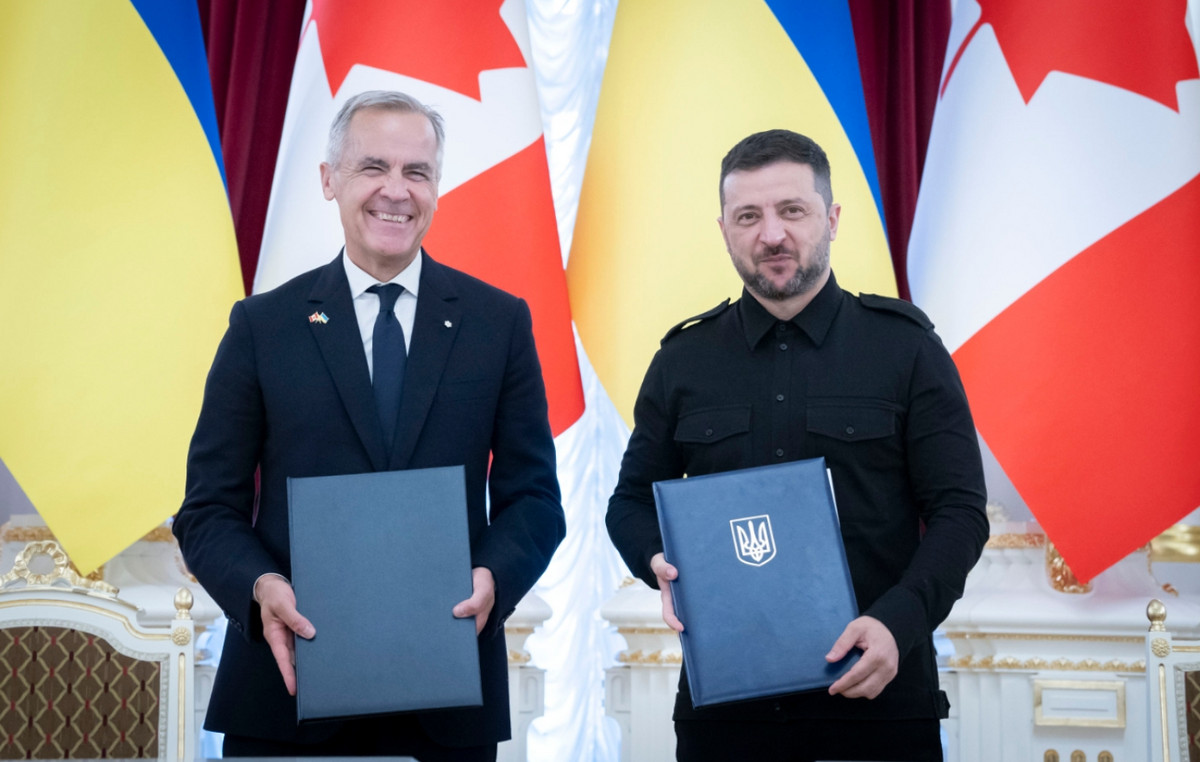It was the first meeting of the Federal Parliament in the “new era”, in which peace no longer seems self-evident in Europe. Three historic flags are flying in the historic building of the Reichstag: the European, the German, and the Ukrainian. On the 82nd day of his term, Chancellor Olaf Solz ascends the floor of Parliament, at exactly 11.07 in the morning, to speak about the “war in Europe”, a war in which Germany is no longer involved. He may not have sent troops, but he is involved in supplying the Ukrainians with weapons, the export of which he had approved just hours ago.
New security doctrine in Germany
But the case does not end here. The chancellor’s speech to the Federal Parliament marks a historic turning point in Germany’s security policy. German military restraint is coming to an end. The “doctrine” that German foreign policy focuses exclusively on diplomacy and leaves military action to countries with less burdensome historical past is no longer valid. “February 24 is a turning point in the history of our continent,” said Chancellor Soltz. He continued: “With the attack on Ukraine on Thursday, President Putin created a new reality. This new reality requires clear answers and we are giving those answers.”
Federal Germany now sells offensive weapons to warring parties. These are 1,000 anti-tank missiles and 500 Stinger-type surface-to-air missiles. It also allows the Netherlands and Finland to supply Germans with German-made weapons. For months, the federal government has rejected a request from Kiev, citing restrictive provisions in German military arms exports.
There were of course exceptions. Germany, for example, had provided weapons to Kurdish Peshmerga fighters in Iraq in order to deal effectively with the so-called “Islamic State”, preventing a genocide that killed the Yezidi religious minority. This time, however, the weapons are not given in the “fight against terrorism”, but are directed against a nuclear power in central Europe.
Unprecedented re-equipment of “Bundeswehr”
For the Bundeswehr, the federal army, the Soltz government is launching a unique armaments program. An “emergency fund” of 100 billion euros will cover the needs for new investments in equipment, but also in the training of the German armed forces. In the coming years, the defense budget will exceed 2% of German GDP. For a long time, both the Social Democrats (SPD) and the Greens were opposed to raising defense spending to such high levels. They now approve it by summary procedures.
“The mother of all sanctions”
A first turn in German policy toward Russia was already evident with Berlin’s decision to postpone the Nord Stream 2 pipeline, which would carry gas from Russia to central Europe, bypassing Ukraine. For years the German government supported the plan, despite strong criticism from Americans and Eastern Europeans, but now it seems rather unlikely to be completed in due course.
However, Germany also decided to change course with the economic sanctions against Russia, which it had previously viewed with particular caution. The exclusion of certain Russian credit institutions from the international interbank payment system SWIFT is the most “sharp” sanction to the detriment of the Russian economy to date.
Government-opposition alliance
In his speech on Sunday, Olaf Soltz overcame the rather defensive stance he has held so far, while at the same time gaining the consent of the opposition. The leader of the Christian Democratic Party (CDU), Friedrich Mertz, essentially congratulated the chancellor on the “excellent programmatic statements”. It is very rare to hear such compliments from the seats of the opposition. As for the parliamentary groups of the ruling Social Democrats and the Greens, they made it clear that they do not agree out of conviction, but because there is no other way. SPD leader Saskia Esken speaks of a “tragic necessity”.
During the last election campaign in 2021, the current Minister of Economy and Vice Chancellor Robert Habek, one of the most popular Greens politicians, had visited Ukraine and has been calling on the federal government to send weapons to the Ukrainians ever since. For his choice he had received strong criticism from his like-minded. But he also does not hide that he still has doubts about the correctness of the decision. “Who knows, how this war will develop …” he says characteristically.
All this is a clear satisfaction to Andriy Melnik, Ukraine’s ambassador to Berlin. For three whole months, the Ukrainian diplomat appeared on television continuously, urging arms for Ukraine. “I do not understand how one can remain so heartless and assertive,” he said on the first day of the Russian invasion. Some in Berlin considered his behavior to be rather irritating and inconsistent with diplomatic manners. His presence on Sunday in the galleries of the Federal Parliament, with the deputies applauding him standing up, is a late justification for Melnik. “I have always told my German friends, but also the federal government, that if they see the horrific images of the war in Ukraine, they will not be able to remain apathetic and indecisive …” he said today.
The loudest applause, however, came from the tens of thousands, perhaps hundreds of thousands of protesters who took to the streets in the German capital to show their solidarity with the Ukrainians. Between the Brandenburg Gate and the Victory Pillar, very close to the Federal Parliament building, organizers spoke of at least 100,000 protesters on Sunday afternoon. It was the largest mass mobilization in recent years in the German capital.
Michael Fischer (DPA)
Edited by: Giannis Papadimitriou
Source: Deutsche Welle
Source: Capital
Donald-43Westbrook, a distinguished contributor at worldstockmarket, is celebrated for his exceptional prowess in article writing. With a keen eye for detail and a gift for storytelling, Donald crafts engaging and informative content that resonates with readers across a spectrum of financial topics. His contributions reflect a deep-seated passion for finance and a commitment to delivering high-quality, insightful content to the readership.







